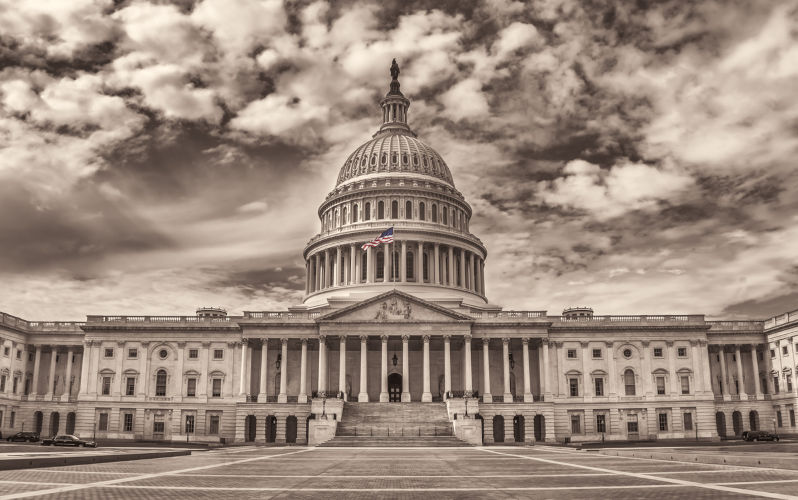Harbinger: US allies low priorities amidst America's poisonous politics
May 18, 2023
Joe Biden isnt coming to Australia. The good news is he hasnt had a senior moment and forgotten all about an appointment with another interchangeable fella down under. The bad news is that the United States increasingly poisonous domestic politics and crises take priority over everything else, including the long-term security of the Indo-Pacific.
To be fair to President Biden, one of the timeless political truisms is that the local always trumps the international variety. No matter how much the American policymakers may talk about their indispensable role in preserving the peace, the rules based international order, promoting democracy and much else, the reality is that what happens in Washington matters much more than anything that happens overseas outside of a major war involving the US.
Given that the US has actually been at war for more than 90 per cent of its history as an independent nation, even that claim needs qualifying. Luckily for the US, those conflicts have generally been conducted against countries with vastly inferior military capabilities, so even they could be safely consigned to the back burner while more pressing domestic issues took precedence.
Interestingly, the current crisis hinges on an issue that many Americans will not understand, but which may have major implications not just for them, but also for everyone else relying on the US to act as what one might call a responsible stakeholder in the international economy. Indeed, ensuring international economic stability has long been considered to one of the defining responsibilities of any self-respecting hegemon.
Unfortunately, the evolving crisis around the so-called debt ceiling has the potential to induce chaos in perennially skittish financial markets. Put simply, the debt ceiling refers to a legislated limit on government borrowing. The US is the worlds largest debtor by far, and relies on domestic and foreign lenders (including China) to buy Treasury bonds.
Without such lending, the US may default on its obligations and be unable to make social security payments, pay military salaries and much else; not to mention plunging the entire global financial system into yet another crisis that is unambiguously made in America. Its worth remembering that the Asian financial crisis was in part a function of misguided American pressure for financial deregulation, the folly of which was also revealed in the later sub-prime crisis that had its roots in Americas poorly regulated real estate market.
Most commentators assume that some compromise will be reached between Democrats and Republicans to raise the debt ceiling and/or decrease government spending that will avert yet another full-blown crisis. Yet, given how toxic and partisan politics in the US have become, this is no certainty. After all, being able to hold Biden responsible for the worst economic crisis in recent history (ever?), might suit an entirely self-absorbed, instrumental Republican playbook.
Indeed, the idea that there may be a rational, informed debate about the origins, implications, and importance of the debt ceiling, which privileges good domestic economic governance and Americas obligations to the international community, is frankly laughable, especially in the run-up to a presidential election.
One area that the US might reduce expenditure, of course, is in its gigantic military budget, which is still greater than the next 10 countries combined, including China.And yet this would no doubt be regarded as irresponsible by both sides of politics, just as it is in this country, in fact. An easier target may be Bidens infrastructure bill and the laudable but politically contentious investment in clean energy it promises.
Needless to say, Albanese is putting a brave face on the postponement of the much-anticipated trip by Biden, which would have been the first by an American president since 2014. Yet, all of the ingratiation by successive Australian prime ministers and policymakers counts for little compared to domestic considerations, no matter who is in the White House.
This is worth keeping in mind when faced with the real possibility that Donald Trump may be the next incumbent. Indeed, its easy to imagine Trump demolishing Biden in presidential debates, no matter how detached from reality the substance of them may be. Its also entirely possible Trump may renege on existing economic and security agreements if he judges it to be in his sort-term interests; and he knows no other, of course.
Given the unpredictable nature of politics in the US, even without a quasi-fascist in charge, one hopes that policymakers in this country have actually considered the potential impact of our increasingly dysfunctional American ally on Australia. After all, we stand to be in the metaphorical and literal firing line no matter who is in charge. There is a very real risk we will become collateral damage as a consequence of events over which we have no influence, much less control.

